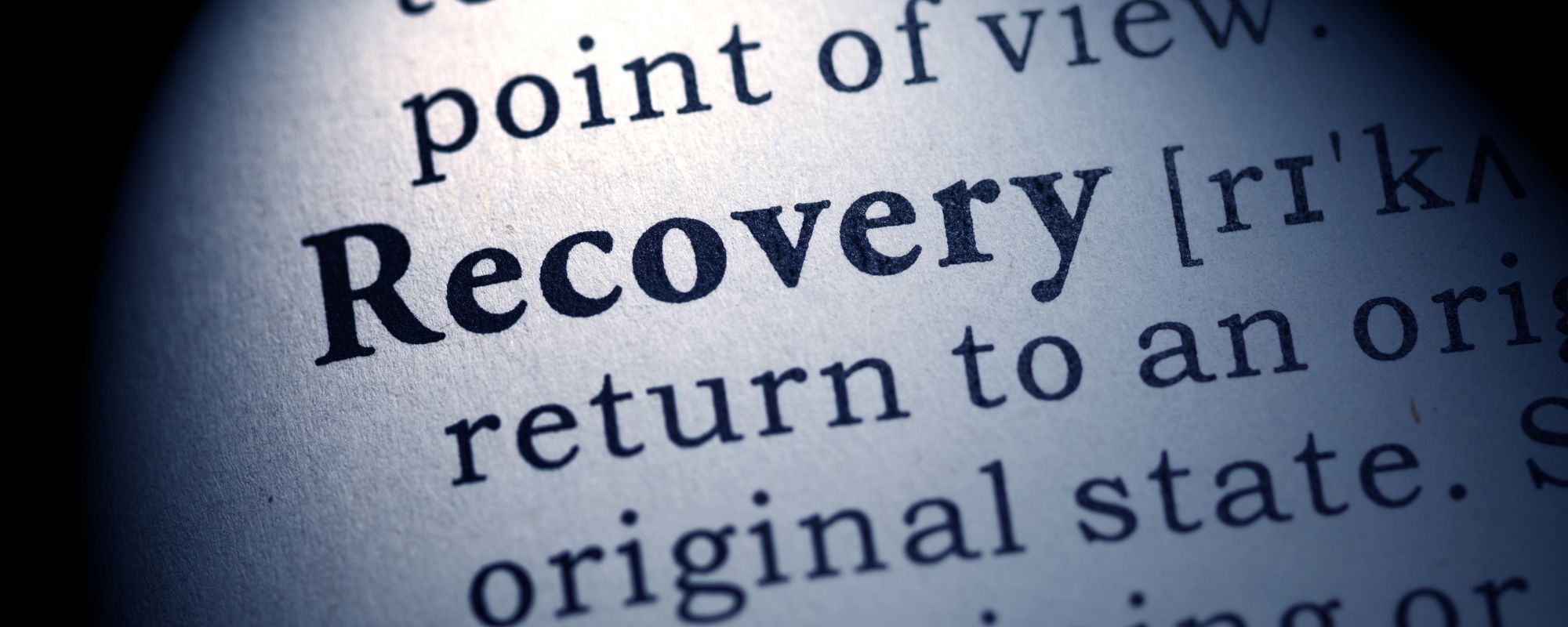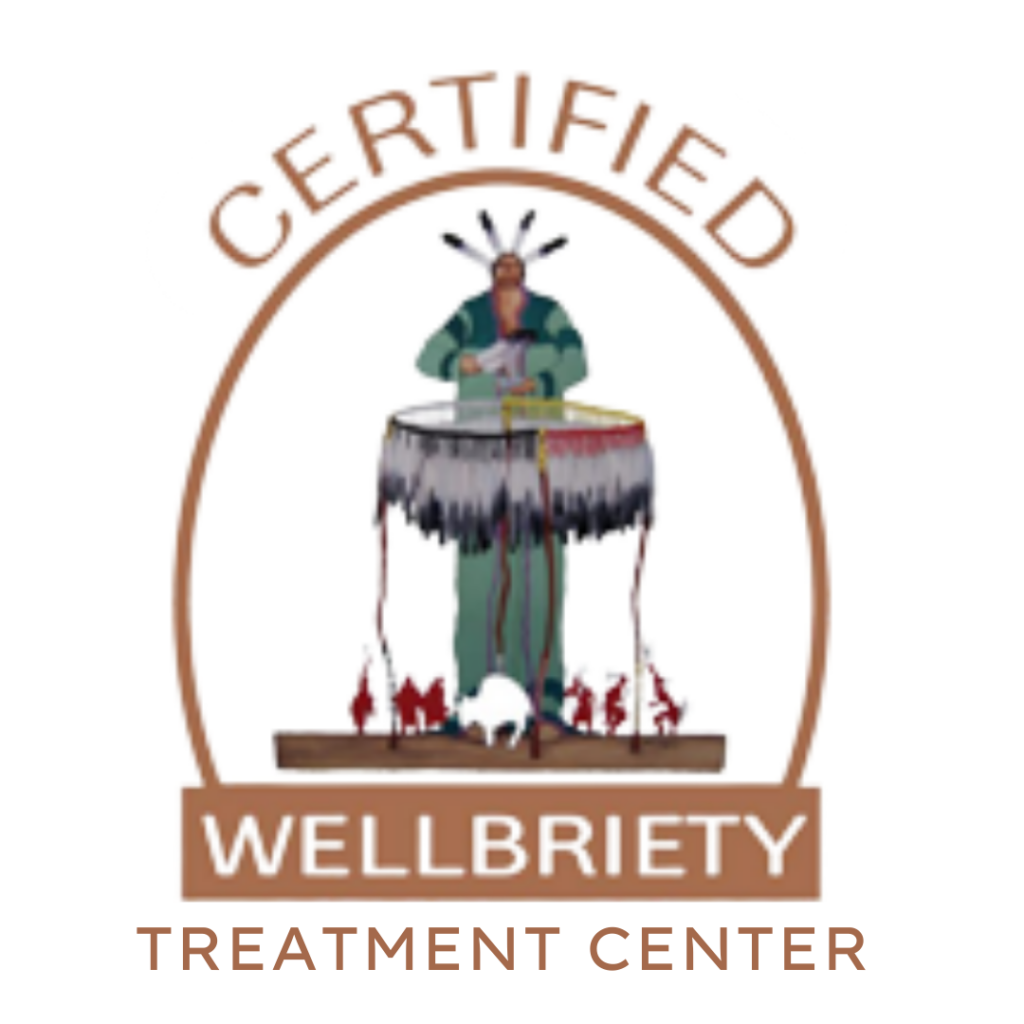Families and friends of someone with a substance use disorder are often warned against enabling their loved one. There’s a fine line separating the support a loved one needs to overcome their substance use disorder and emotionally enabling a loved one; recognizing what behaviors lie on which side of that line can be tricky. There are several signs that are generally indicative of enabling.
Making excuses for them. Your loved one is continually late to work, regularly misses appointments or meetings, and is generally unreliable, and you justify this behavior to yourself and others.
Lying for them. Lying often goes hand-in-hand with making excuses. You know that your loved one is late and unreliable because they are using alcohol and/or drugs, and you are covering up their mistakes with lies.
Giving them money. They can’t pay the rent because work was slow this week. They need just a few dollars for gas or groceries. This happens regularly, and they don’t pay you back. You know that they’re probably not using the money for what they told you they needed it for.
Doling out favors. You give them rides or run their errands frequently and without anything in return, even if inconveniences you.
Can’t tell them how you feel. You are afraid to express to your loved one how you feel about their substance use, actions, and/or behaviors and may perceive there being negative consequences for doing so.
Prioritizing their needs above your own. It’s natural to want to help someone you love who has a substance use disorder, but placing their physical and emotional needs above your own— especially to the point that you are neglecting your own needs— is problematic.
Blaming other people/situations. Substance use disorder is a disease with many contributing factors, but an enabler might find themselves placing blame for their loved one’s substance use disorder on all sort of people and situations.
Resentment. You have begun to resent your loved one with substance use disorder, but your anger and hurt are not enough to keep you from continuing to enable them.
Breaking the enabling cycle
Enabling is not healthy for the enabler or the enabled, but breaking the cycle of enabling is easier said than done. Often when enabling is involved, there is the existence of a codependent relationship. Codependency results when one person in a relationship puts the other person’s needs above their own for reasons such as emotional insecurity or fear; essentially, the relationship is one-sided and it becomes up to one person to maintain it.
Because emotional insecurity and fear are at play, codependent/enabling relationships can be especially difficult to break out of, but breaking the cycle of enabling is critical to the health of both the enabler and the enabled. Someone with a substance use disorder will have a much harder time getting sober if their support network is weak, so take the right steps to stop enabling.
Be honest. Being honest might be the hardest, but most important, thing you do to stop the cycle of enabling. Tell others and your loved one how you feel and that things need to change. Be honest with yourself about how you feel, too; don’t say what you think you should or what you believe someone wants to hear.
Don’t clean up after them. Leave their literal and figurative messes to them to clean up. Stop being a mediator and allowing them to create messes that you’ll take care of.
Don’t let them guilt you. You are not to blame for their situation. Substance use disorder is a disease, and it’s not your fault that your loved one is in the position that they are in.
If your loved one has a substance use disorder, end the enabling here. Reach out to us to learn more about our detox and residential programs. You can also contact our admissions staff, which is available 24/7 at (877)-RECOVERY.
























